
Artificial Intelligence in Biomedical Imaging
NYU Langone’s Department of Radiology seeks to transform the way artificial intelligence (AI) is used in medical imaging. We are at the forefront of the development, validation, and clinical integration of machine learning methods.
Our machine learning scientists, imaging technologists, and clinical radiologists work together to develop advanced AI methods for every stage of the medical imaging process, from signal acquisition and image formation to image classification and interpretation. Our most promising innovations undergo rigorous testing, validation, and clinical evaluation. We incorporate the best of our AI advances into NYU Langone’s imaging services to inform triage and diagnosis, improve clinical tools, and optimize radiology operations.
We partner with experts across NYU Langone and NYU Grossman School of Medicine, with colleagues at NYU’s Center for Data Science and NYU Tandon School of Engineering, and with developers at outside research institutions and leading industry groups. Our advanced, well-resourced research program also offers training opportunities for medical students, residents, and fellows to learn about, explore, and develop AI methods for medical imaging.
Artificial Intelligence Research
Investigators at the Center for Advanced Imaging Innovation and Research (CAI2R) conduct leading-edge AI research that spans the spectrum of radiology practice. Our scientists benefit from broad access to state-of-the-art imaging tools, dedicated high-performance computing infrastructure, and ongoing exposure to pressing clinical problems through close collaboration with clinical radiologists and imaging technologists.
Research projects include development of AI methods to accomplish several goals:
- make MRI faster and more accessible
- help radiologists detect breast cancer more accurately
- better classify neurological conditions and further our understanding of the human brain
- detect diseases that have slow, asymptomatic onsets, such as knee osteoarthritis and Alzheimer’s disease, far in advance
Inquiries about getting involved in AI research may be directed to any of the principal investigators in research areas of interest.
Faster MRI
We develop AI methods to reconstruct images from accelerated MRI scans, with the aim of making MRI 10 times faster. Our algorithms learn a general image to distinguish true features from artifacts that arise during data acquisition. Our collaborative partners are the Institute of Computer Graphics and Vision at Graz University of Technology in Graz, Austria, and Facebook Artificial Intelligence Research.
In 2018, we publicly released the fastMRI Dataset—the largest open-source collection of deidentified MRI data for research into AI-driven image reconstruction. In 2019, we hosted the first fastMRI reconstruction challenge, focused on knee MRI data. In 2020, we published findings that knee MRI reconstructed with AI from partial raw data are diagnostically interchangeable with conventionally generated images. Our second fastMRI challenge, held in the fall of 2020, focused on accelerated reconstructions of neuroimaging data.
Deep Learning for Breast Cancer Detection
Our investigators develop deep neural networks to help radiologists detect breast cancer. This research involves several imaging modalities, including MRI and mammography. We tailor each algorithm to the relevant imaging method and design our networks to be human interpretable. In recent work, we have shown that neural nets can improve radiologists’ performance in breast cancer screening.
Machine Learning for Neuroimaging
We use machine learning methods to advance knowledge of how the brain works and what happens after brain injury. Our accomplishments include the development of novel methods to analyze structural and functional brain imaging data. Our researchers also employ deep learning to discover the causal architecture of brain function, apply novel techniques to neuroimaging analysis, and combine advanced MRI and machine learning to investigate concussion, identify injury, and predict clinical status. We also explore methods that may be broadly beneficial to the study of neurological conditions, specifically when large amounts of training data are not available.
Deep Learning for Segmentation of Brain Images and Early Detection of Alzheimer’s Disease
Our researchers are developing an open platform for neuroscientists, clinical neurologists, and neuroimagers to visualize, track, and assess neurological conditions with MRI. On-demand access to fast, accurate tools has the potential to improve treatments for and research on neurological diseases, such as dementia.
We also investigate whether AI can learn to identify early signatures of Alzheimer’s disease. Although diagnosis of Alzheimer’s disease currently relies on evaluation of clinical symptoms, including memory loss, our research shows that brain structure begins to change decades earlier. We are conducting this research in collaboration with NYU Center for Data Science and NYU Langone’s Alzheimer’s Disease Research Center.
Deep Learning–Based Imaging Biomarkers for Knee Osteoarthritis
We are developing an automated tool to detect knee osteoarthritis and predict the likelihood of knee replacement over the course of a decade. The tool, which we plan to make available on the internet, will be based on neural networks trained on radiographs, MRI, and clinical data. When presented with images of the whole knee joint, the system will quickly evaluate disease presence and the likelihood of progression.
This research, supported by the National Institute of Arthritis and Musculoskeletal and Skin Diseases under award number R01AR074453, has the potential to improve our understanding of osteoarthritis, inform therapy, and lead to more effective clinical trials.
Artificial Intelligence Education
The Department of Radiology offers hands-on, radiology-specific training in machine learning to medical and graduate students, residents, and fellows. We also foster dialogue among clinicians, scientists, and population health specialists about the ethics of using emergent machine learning technologies in medical imaging.
Machine Learning Courses for Medical and Graduate Students
NYU Grossman School of Medicine offers machine learning courses for MD and MS students who have an interest in AI and medical imaging. Doctoral candidates have opportunities to participate in vanguard research on radiology-specific AI issues through the Biomedical Imaging and Technology PhD Training Program. Topics include using AI in image classification, image reconstruction, and imaging workflow optimization. The program has a strong relationship with NYU Center for Data Science, which offers a PhD in Data Science with a medical track in collaboration with NYU Grossman School of Medicine.
Bioethics, Law, and Data: AI in Radiology Summit
NYU Grossman School of Medicine and Stanford University cohost the Bioethics, Law, and Data: AI in Radiology Summit, also known as the BOLD AIR Summit. The event brings together ethicists, legal experts, data scientists, and radiologists. Participants engage in interdisciplinary discussions and patient-centered dialogue about the most pressing questions related to the development, implementation, and use of AI in medical imaging.
The next BOLD AIR Summit will be held on June 12, 2023, at NYU Langone Health. To view the program and register for the meeting, visit the 2023 BOLD AIR Summit website. NYU Langone hosted the inaugural BOLD AIR Summit in 2019; a second, virtual summit took place in 2021.
Related News
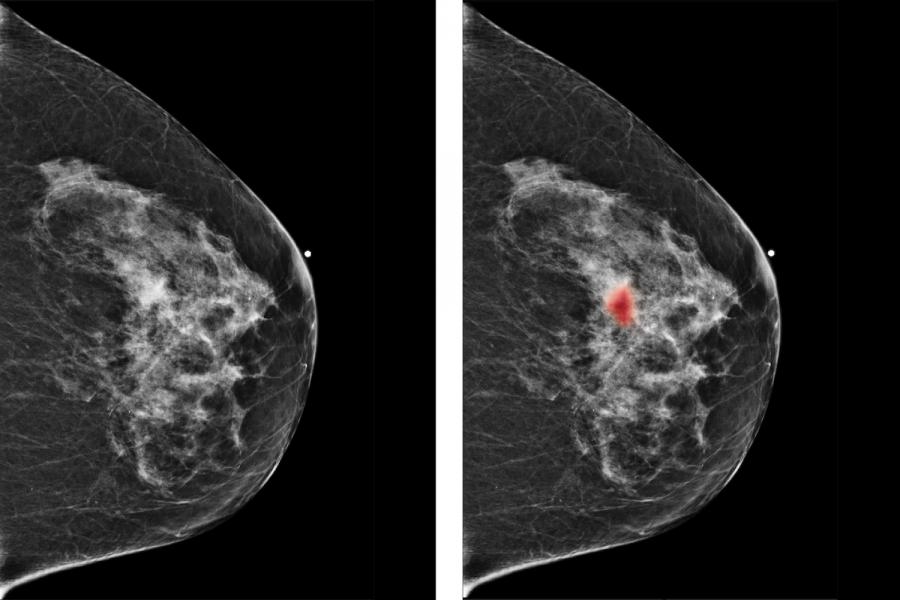
Can Artificial Intelligence Perfect Mammography?

AI Tool Aids Ultrasound Diagnosis of Breast Cancer
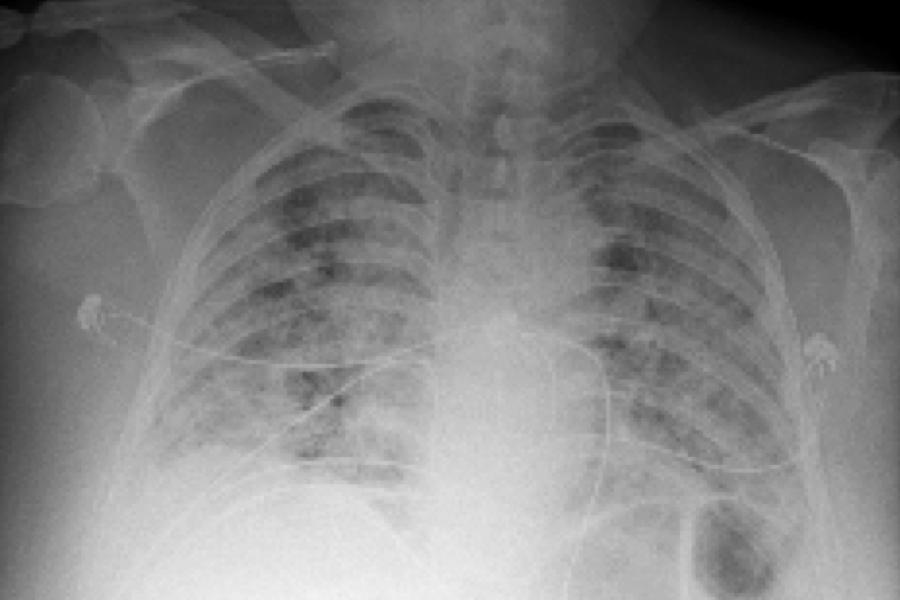
AI Tool Uses Chest X-Rays to Identify Worst COVID-19 Cases
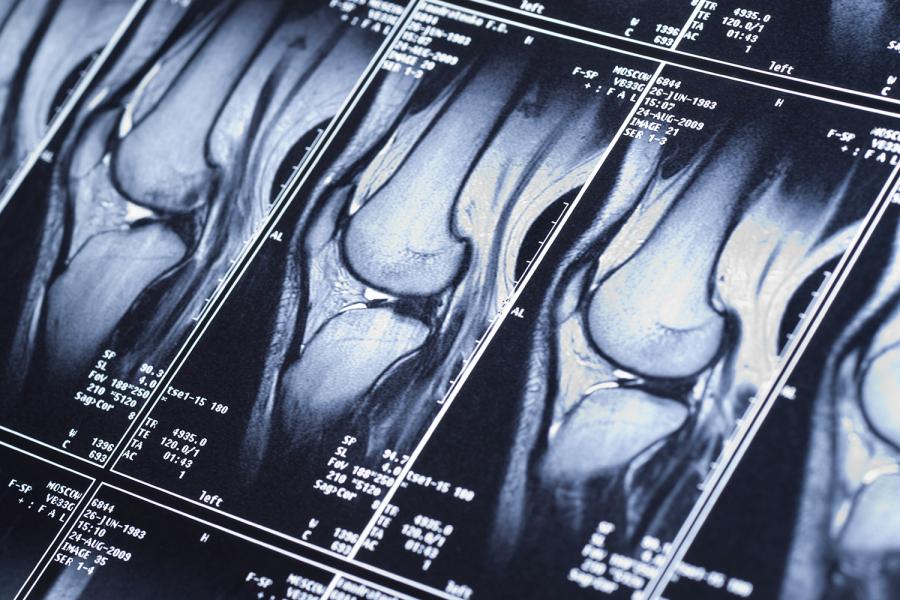
How Artificial Intelligence Is Accelerating MRI Scans
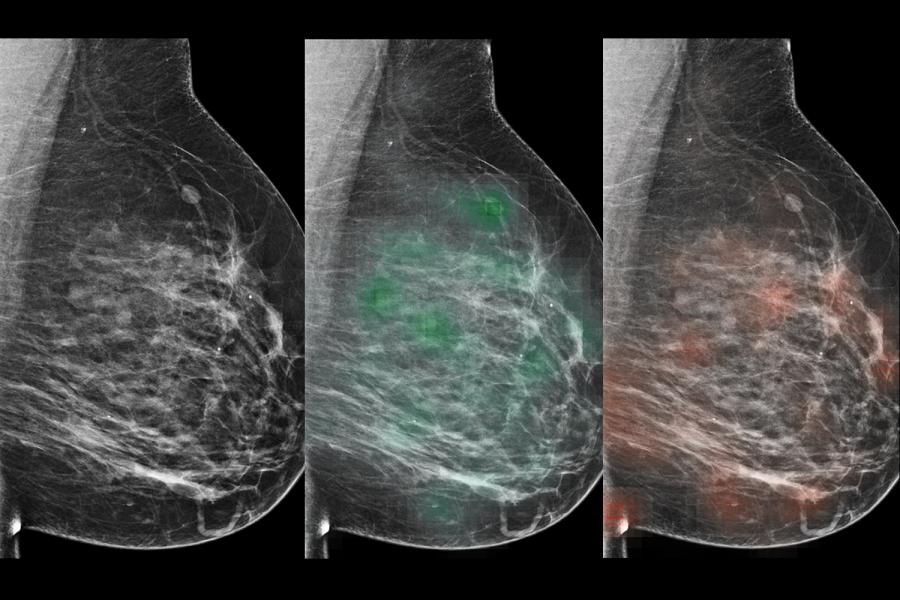
Radiologists & AI Together Better at Detecting Breast Cancer
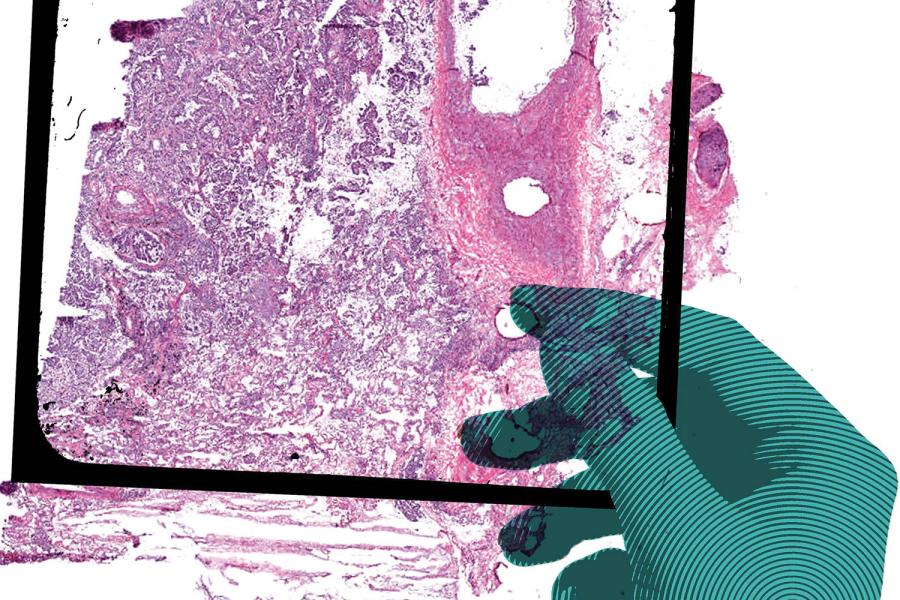
See a Pattern Here? AI Does & It’s Transforming Medicine

Making MRIs up to 10 Times Faster by ‘Training’ AI Software
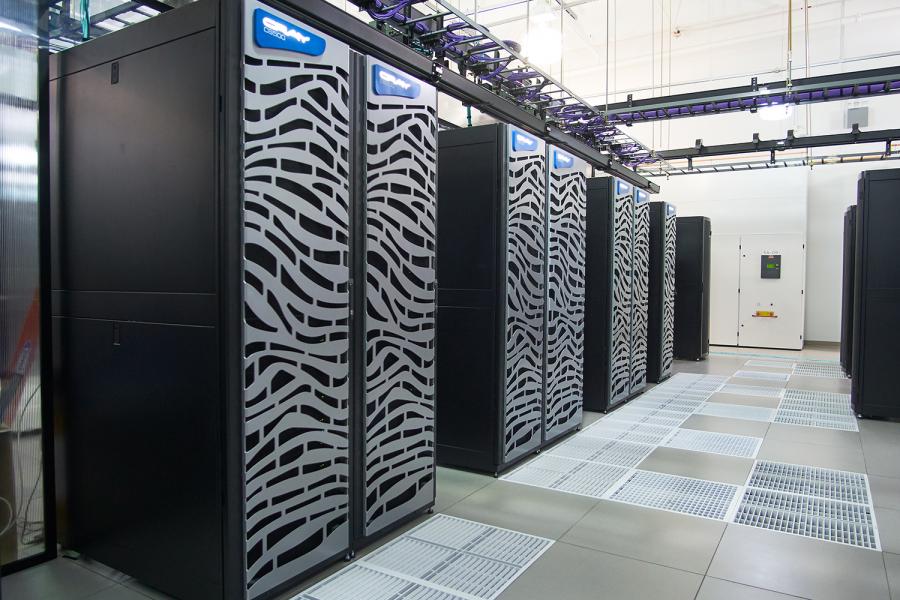
The Muscle Behind AI’s Brainy Insights
